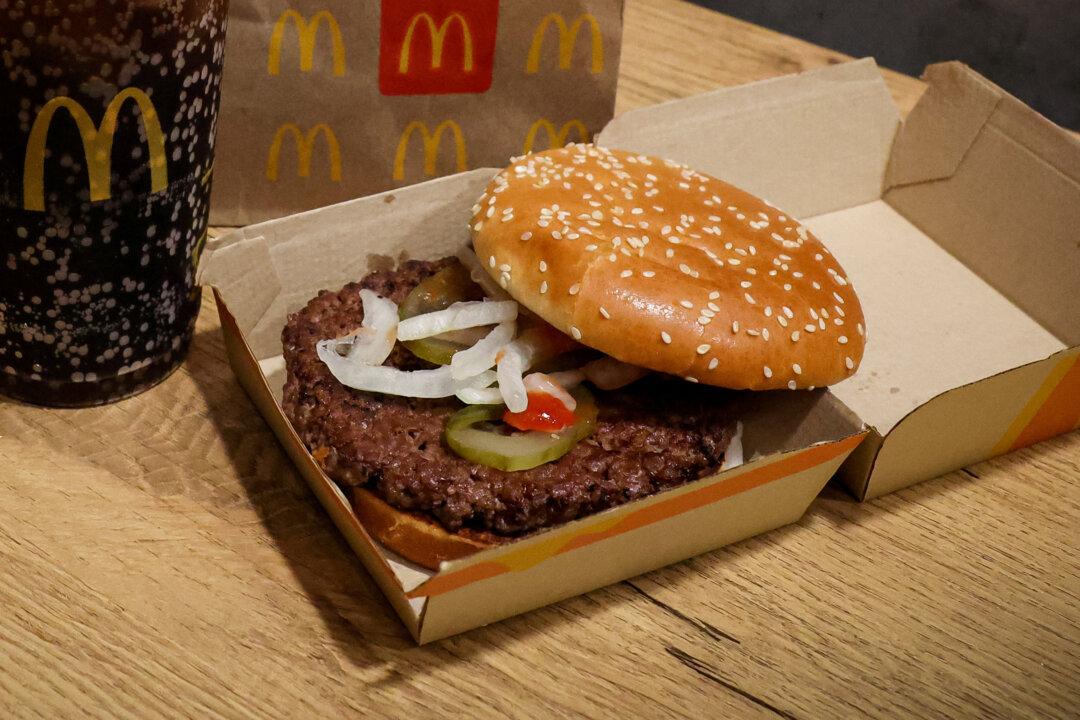McDonald’s posted a steeper-than-expected drop in quarterly global sales, hurt by muted demand across key markets, including Europe and the United States where it is expected to face more weakness as the burger giant reels from a deadly E. coli outbreak.
Shares of the company were down 2.4 percent before the bell on Tuesday even as it beat profit estimates.





